talk & discussion // June 18, 2023
We’ve been journeying through the book of Acts looking at the birth of the church and the movement of the Spirit to bring Jesus’ reign of healing and renewal on the earth. The revolution had begun. The revolution continues today in us as God’s healing community. For the revolutionary movement that began in Jesus is now being lived out in his followers. For through the life, death, and resurrection of Jesus, humanity is being redeemed and a new community of equality, dignity, and inclusion was emerging as the disciples were filled with the power of the Holy Spirit and restored in their vocations to be God’s image bearers on the earth.
This week's text finds us in chapter 4. So far, we’ve read about Jesus sending his followers to be healing agents in the world, ascending to the Father, and then pouring out the Spirit at Pentecost on all people in a remarkable in-breaking of the kingdom where men and women, slave and free, rich and poor, and many cultures and nations gathered in Jerusalem that day heard the gospel in their own language. The long-awaited age of salvation had come, and the timid and confused disciples were transformed by the power of the Holy Spirit and preached with boldness and conviction. Thousands joined this revolutionary Jesus movement to become a part of this new Jewish community marked by generosity, inclusion, and devotion.
I invite you to listen to a tale of two temples. For we begin to see the conflict escalate between the religious authorities who held power in the Jerusalem temple and this revolutionary community who are now the new temple filled with the Holy Spirit and empowered to do the healing ministry of Jesus. Remember, the Holy of Holies was the sacred chamber in the temple of God’s presence that only the high priests could access, yet when the rupture of sin was healed through Jesus, the veil was torn open. On Pentecost, the ancient prophecies were fulfilled as the Spirit of God was poured out on this new community. Yet we begin to see the conflict between these two temple realities here in Acts almost in parallel fashion. Last week, we recounted the story of Peter and John going to the temple and healing the lame man. Yet now we see that they are facing opposition from the powers, not unlike Jesus did. Thus, we see this template emerge—that to follow Jesus and to do the liberating, healing works of Jesus ensures that we will upset the powers.
In my own life, I’ve experienced this a number of times. I remember distinctly when I was about 18, we were hosting a prayer meeting to pray for the youth in our city on Sunday nights. And I was on volunteer staff for a big church at the time. When the Spirit began to really show up in our meetings, word got out. We began to invite some of our friends who were tired and burnt out from all the ministry to come and find refreshing and soak in the presence of God. For the Spirit was really moving. But this threatened the powers. And it wasn’t long before I was called into the youth pastor’s office and essentially interrogated. Eventually they shut our meeting down because our meeting wasn’t sanctioned by them. We were a threat. This story illustrates the tension surrounding the nature of God’s temple and the nature of God’s church. Is it a building, an organization, or an institution that can be controlled and curated? Or is it the wild and untamable Spirit embodied in the community of God's people and poured out indiscriminately in the world?
I invite you to read the text in Acts 4:1-22 and see what stands out? Notice where there is some conflict for you in this passage? What is the Spirit disrupting? Where is there some clarity for you in this passage? What is the Spirit confirming?
While Peter and John were addressing the people, the priests, the chief of the Temple police, and some Sadducees came up, indignant that these upstart apostles were instructing the people and proclaiming that the resurrection from the dead had taken place in Jesus. They arrested them and threw them in jail until morning, for by now it was late in the evening. But many of those who listened had already believed the Message—in round numbers about five thousand!
The next day a meeting was called in Jerusalem. The rulers, religious leaders, religion scholars, Annas the Chief Priest, Caiaphas, John, Alexander—everybody who was anybody was there. They stood Peter and John in the middle of the room and grilled them: “Who put you in charge here? What business do you have doing this?”
With that, Peter, full of the Holy Spirit, let loose: “Rulers and leaders of the people, if we have been brought to trial today for helping a sick man, put under investigation regarding this healing, I’ll be completely frank with you—we have nothing to hide. By the name of Jesus Christ of Nazareth, the One you killed on a cross, the One God raised from the dead, by means of his name this man stands before you healthy and whole. Jesus is ‘the stone you masons threw out, which is now the cornerstone.’ Salvation comes no other way; no other name has been or will be given to us by which we can be saved, only this one.”
They couldn’t take their eyes off them—Peter and John standing there so confident, so sure of themselves! Their fascination deepened when they realized these two were laymen with no training in Scripture or formal education. They recognized them as companions of Jesus, but with the man right before them, seeing him standing there so upright—so healed!—what could they say against that?
They sent them out of the room so they could work out a plan. They talked it over: “What can we do with these men? By now it’s known all over town that a miracle has occurred, and that they are behind it. There is no way we can refute that. But so that it doesn’t go any further, let’s silence them with threats so they won’t dare to use Jesus’ name ever again with anyone.”
They called them back and warned them that they were on no account ever again to speak or teach in the name of Jesus. But Peter and John spoke right back, “Whether it’s right in God’s eyes to listen to you rather than to God, you decide. As for us, there’s no question—we can’t keep quiet about what we’ve seen and heard.”
The religious leaders renewed their threats, but then released them. They couldn’t come up with a charge that would stick, that would keep them in jail. The people wouldn’t have stood for it—they were all praising God over what had happened. The man who had been miraculously healed was over forty years old.
What I notice is that liberation is disruptive. For as soon as the disciples began to join in the healing ministry of Jesus, they face the same opposition from those who killed him. Peter preached with boldness the gospel of Jesus, and yet these words became fighting words the moment that they brought concrete liberation for broken people. These words brought about direct confrontation with those in power. Jesus not only spoke these words but was the Word and challenged and confronted the powers, both spiritual and human. In some ways, this moment was inevitable. The struggle against those in power that marked the life and death of Jesus was coming for them as well. The great illusion that we are susceptible to is that as followers of Jesus we can live a path different from Jesus and his disciples. We believe that somehow we can be loved or at least liked or at least tolerated or ignored by those with real power in the world. Yet this illusion forgets our location—that we are common, everyday people proclaiming liberation and the provocative truth that violence and death are no longer the ultimate power. Jesus is risen!
These words touch two intersecting nerves, the religious and the political. We see this dangerous cocktail portrayed today in Christian nationalism. For some, it is heresy to say that Jesus is the power of God. For others it is sedition to say that Jesus is the power. Only criminals touch nerves at this level and receive the consequences: for they were arrested and put in custody. Theologian Willie James Jennings says this:
"Real preaching and authentic teaching is inextricably bound to real criminality. Christians of the modern West have never really grasped our deep connection to the criminal mind. We should always understand ourselves as those called to be secular critics who unrelentingly call into question the gods of the age – that is the prevailing social, cultural, political, economic, and academic logics that support or are at ease with the status quo of grotesquely differentiated wealth and poverty, uneven access to the necessary resources for life and health, and forms of sublimely stubborn oppression masked inside social conventions."
The powers always embody and support the status quo that keeps people imprisoned and oppressed. So what does it mean that to follow Jesus is to become a criminal disciple? What does it mean to get into some good trouble, John Lewis style?
This weekend, we celebrate Juneteenth and the spirituality of liberation that was practiced by enslaved people, who despite the legal and social reality, sang spirituals that declared healing was coming and salvation was possible. Our Black brothers and sisters have cultivated a deep spirituality that we must learn from. They know that liberation means becoming an enemy of the state. They know the powers that seek to incarcerate, enslave, kill, and oppress—that continue to withhold full emancipation for Black Americans today. And yet, they have cultivated a deep hope and black joy as resistance to the powers as they continue to sing, “There is a balm in Gilead, this I know, this I know.”
Peter and John are judged just as Jesus is judged, but Jesus had gone before and showed them the way. Instead of trying to escape the place of judgment, they seize it. And Peter becomes like the great jazz master, Louis Armstrong. He states this motif that will be repeated again and again with endless variations. Jesus Christ of Nazareth, whom you crucified, whom God raised from the dead. The table is being turned over, and an upside down world is being turned right side up in these words. Peter stands next to the man God has healed not by the powers of the world nor the elite, but by the power of the Holy Spirit. Yet this threatens the powers. Peter is in essence saying, "You do not have the power of God to heal the broken. You do not have the power to raise the dead. You do not have the power to save. Only Jesus can."
Peter begins to open the scriptures even as Jesus did, quoting Psalm 118, a text the people would have been very familiar with from their own scriptures. Yet Peter reveals Jesus as the stone that was rejected by the builder, but has become the cornerstone. These again were provocative words directly tying Jesus to their Messianic hopes. The Lord who is their strength and song and has become their salvation. As the healed man who had been disabled his whole life now stands clutching their side, this connection between salvation and healing cannot be missed. These words are often interchanged throughout the scripture. Salvation is a salve, a healing balm. Jesus is the cornerstone for this new community, and yet the builders rejected him. The builders are the judges and the powerful who institutionalize life, enact social orders, and create unjust systemic structures. Yet Jesus is enacting a new social order that saves, heals, and liberates. No one else can do that.
Jesus dismantles the dichotomy between the spiritual and the social. Notice what the man whom Peter and John healed does. He “entered the temple,” where, as a lame man, he was never allowed before. This salvation, this healing, restores him to community. This community is visceral, embodied, palpable, personal. What a stunning moment it must have been for a beggar who had sat alone all day, ostracized, his disability the topic of discussion, his condition the cause of sideways glances— now to be welcomed into community and invited into God’s presence. This had social, economic, cultural, and political ramifications. What salvation! What healing! What liberation!
The new temple of Jesus community is now where people encounter God’s generosity and healing presence. In truth, this is what the old temple was always meant to be. Yet now God’s healing presence was unleashed by the Spirit upon the common, everyday people to heal all that is broken. And this is our same invitation today if....
If we will reject the status quo and dare to challenge and disrupt the powers and gods of the day in order to join the liberating and healing community of Jesus.
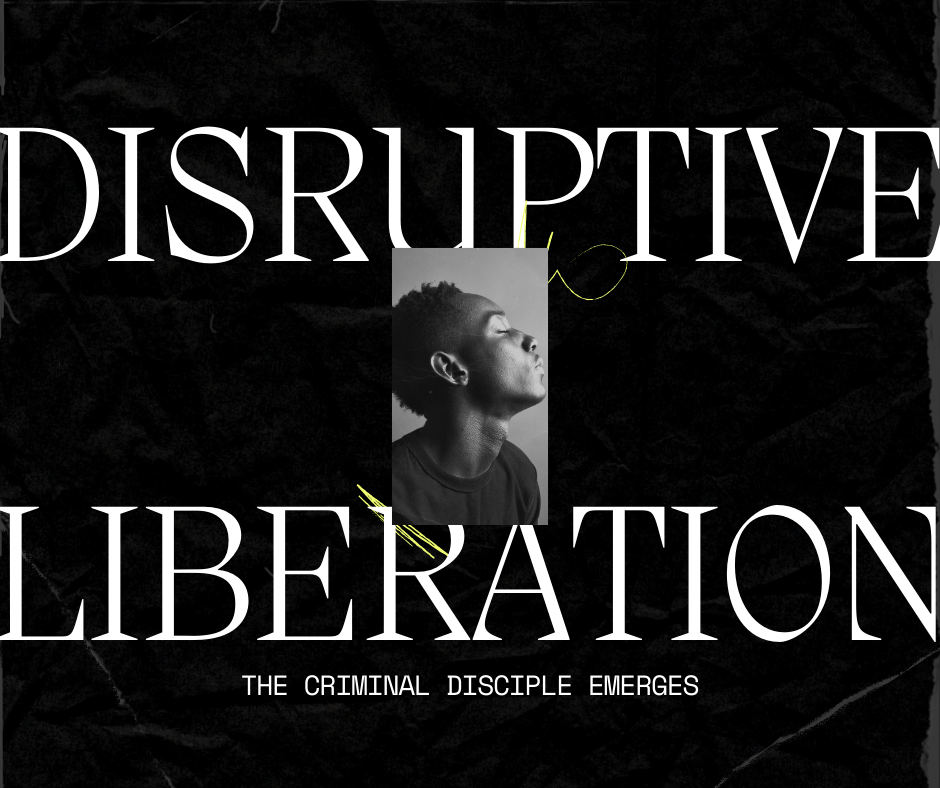
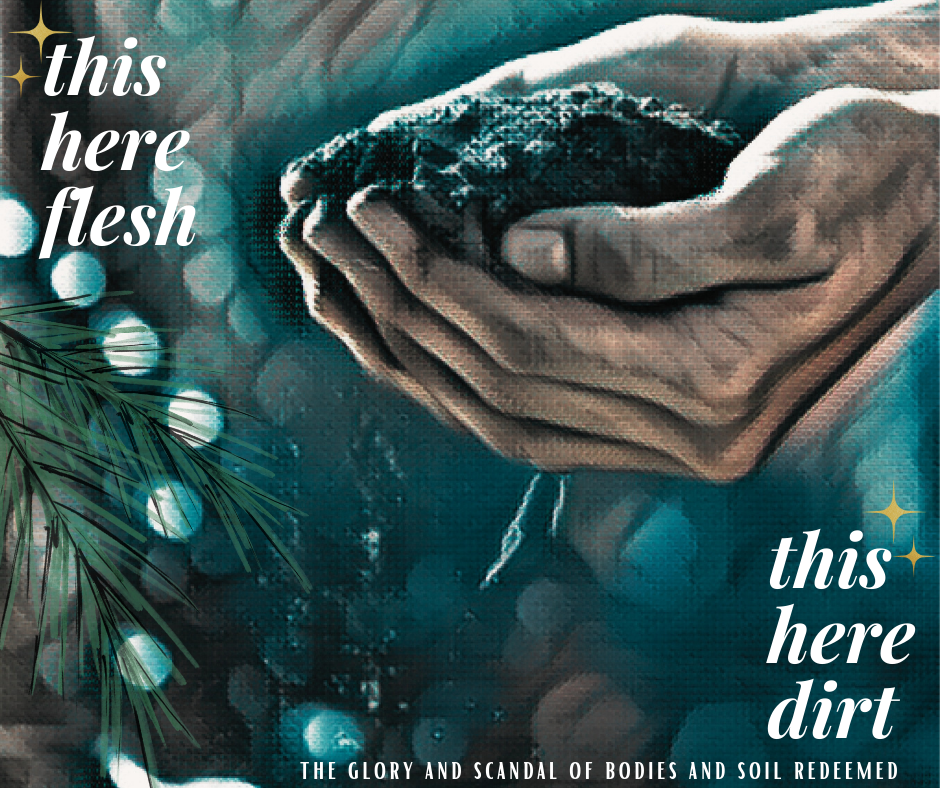
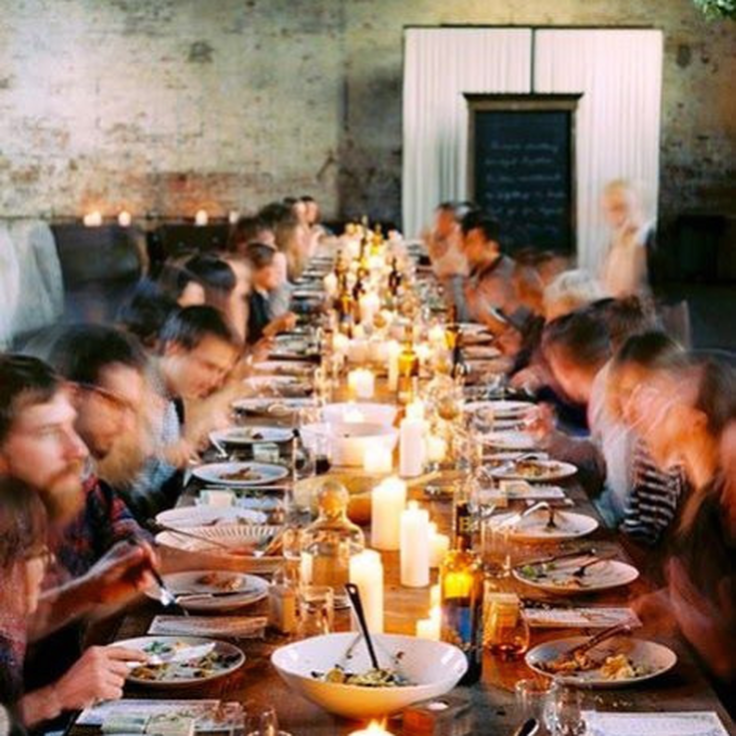
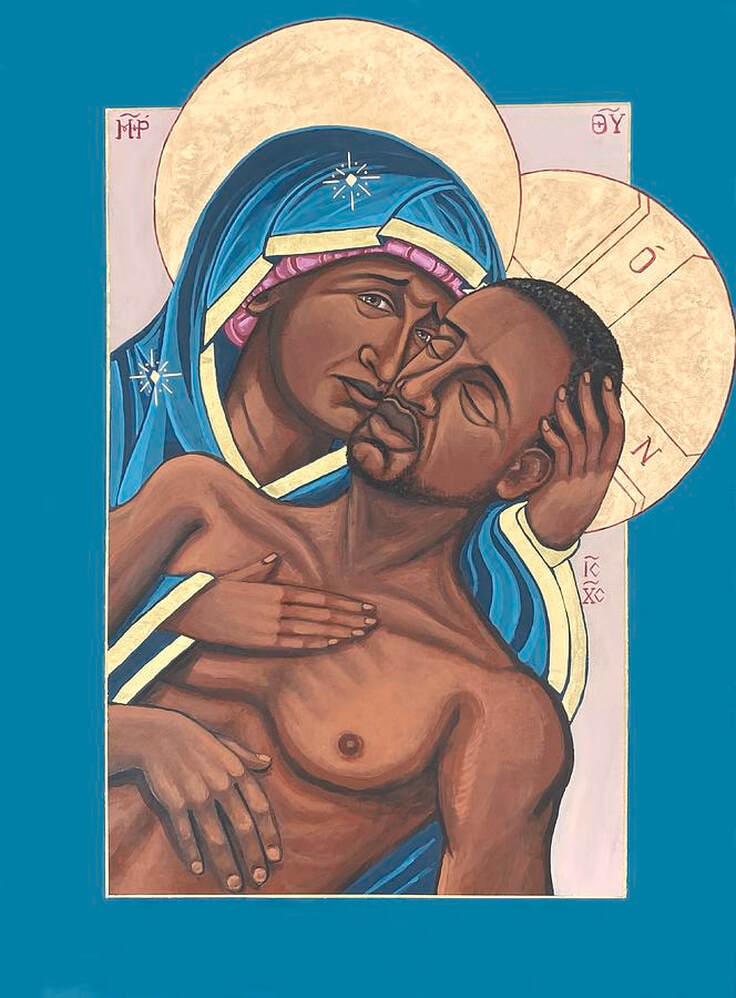
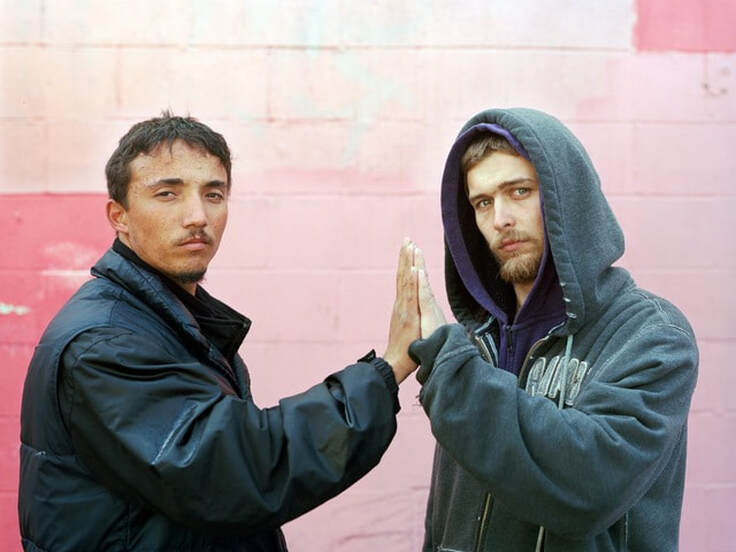
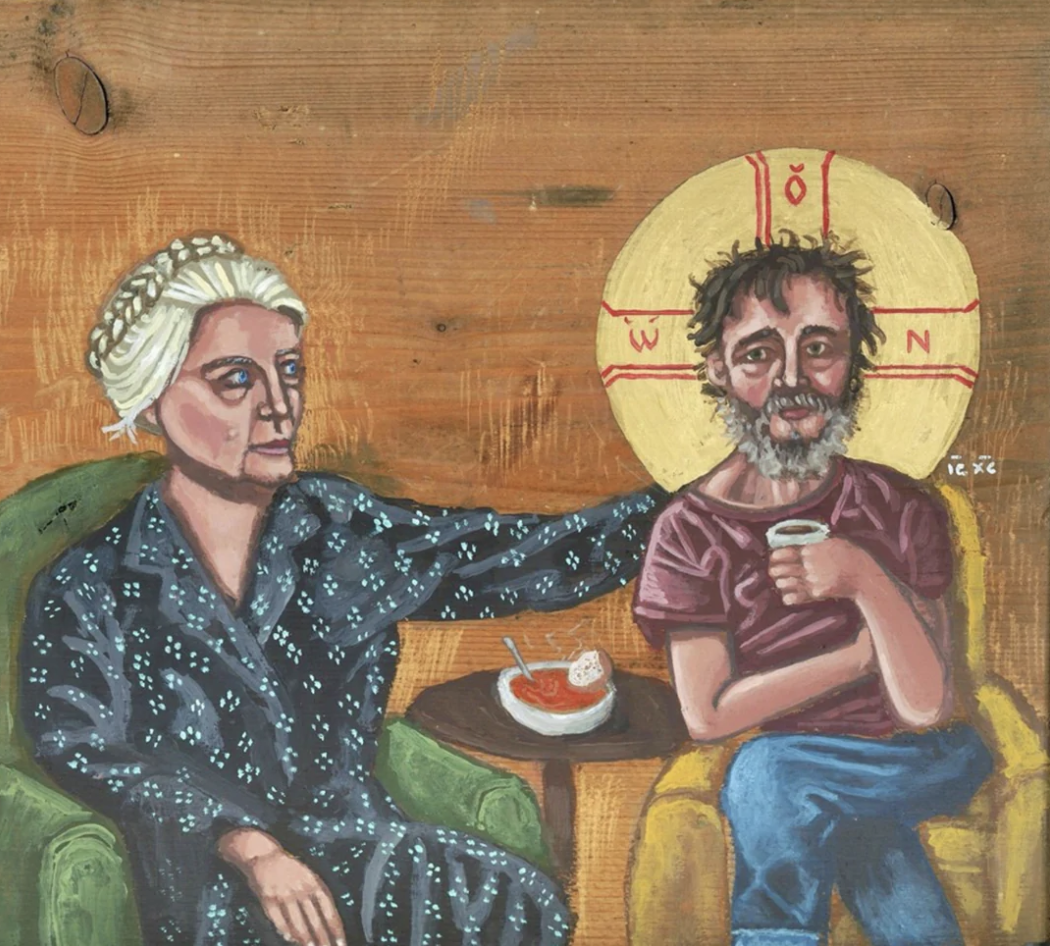
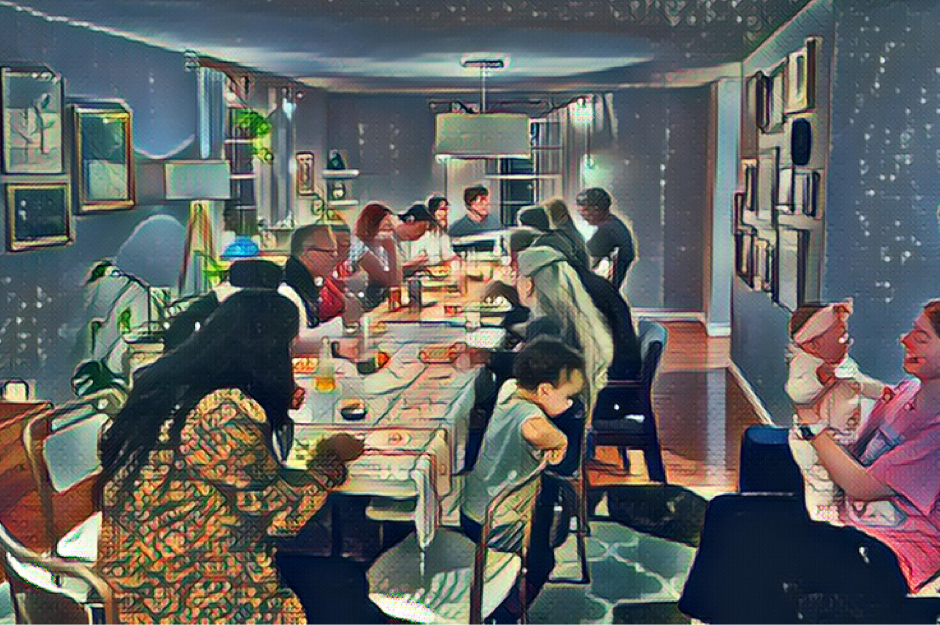
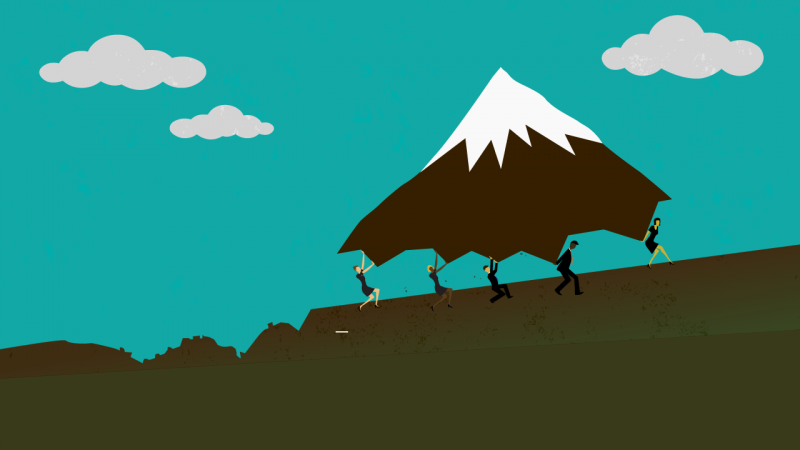
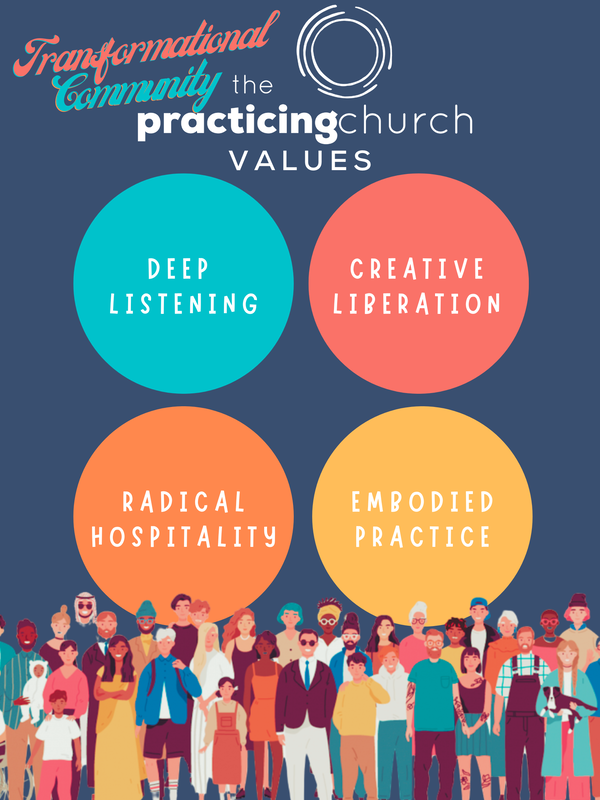
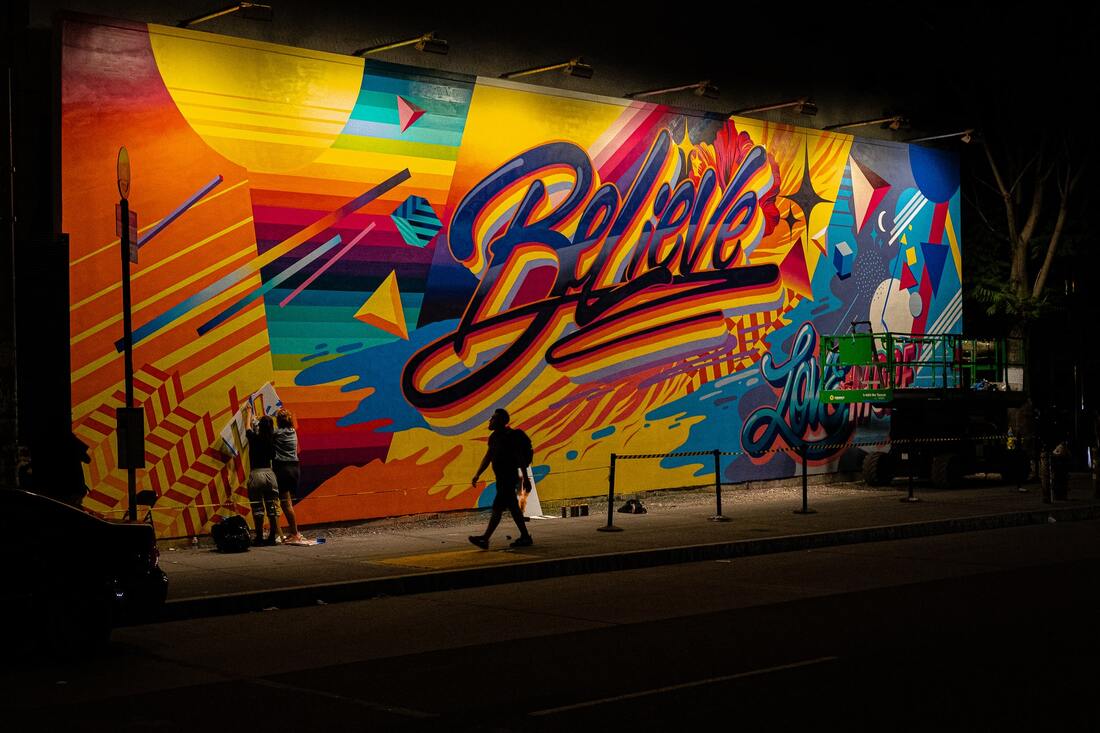
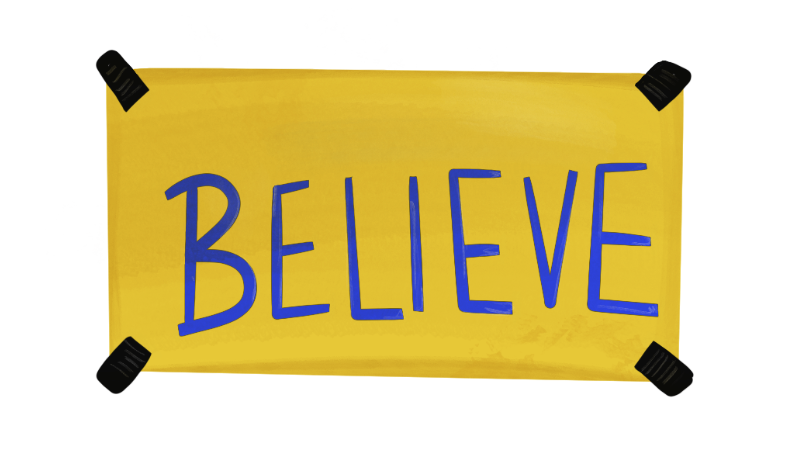
 RSS Feed
RSS Feed
